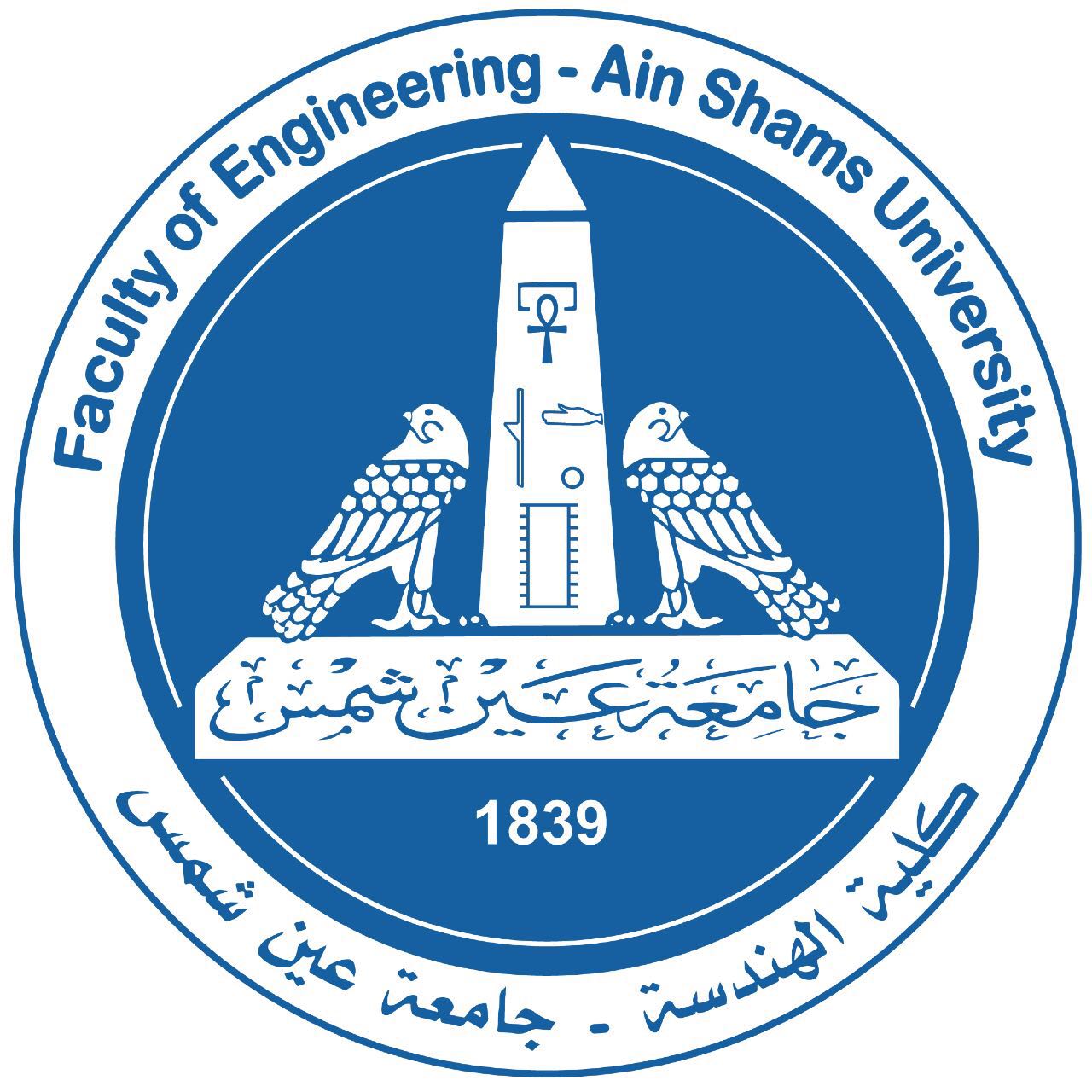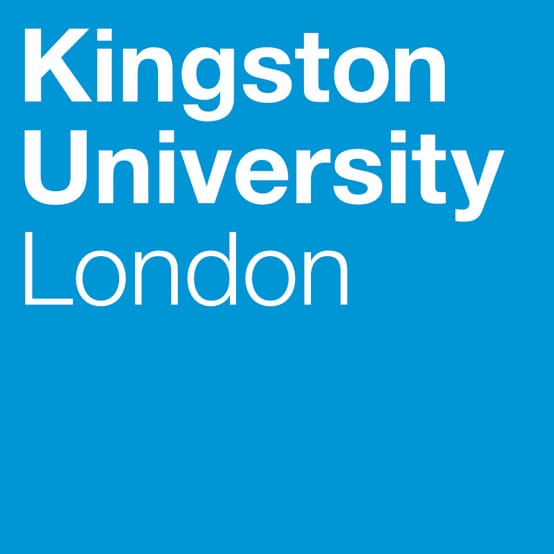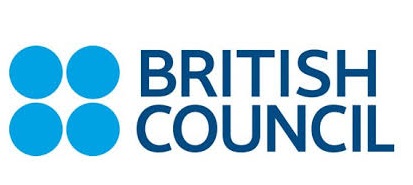Climate change mitigation and resilience requires collective global, national and local action. Both Kingston University and Ain Shams University have leading profiles in developing successful sustainability initiatives, hence are in a strong position to lead on transitioning their university campuses to net zero carbon via student-staff-led transformation. The project aim of implementing a clear pathway to net zero carbon campuses will be achieved by onboarding the university community of students, and academic and estates staff to co-create a Climate Action Framework and Principles that will form a pledge to achieve them. Both campuses will be utilized as Living Labs to experiment and adopt industry-led innovative solutions that can help mitigate climate change and build resilience. This will be enabled by establishing a Virtual Reality facility that will be utilised as a key tool to explore and study potential technologies via existing institutional connections with partners from industry such as Siemens, and Arup. The project will adopt new ways of working and collaboration across both university communities and stakeholders to maximise impact via strategically planned project activities for the 12-month duration of the project and a sustainability plan beyond.
The project team will undertake research into the viable and effective technical, and psychosocial strategies that reduce carbon emissions on university campuses in the short, medium and long-term. Staff and students will be invited to participate in project surveys and workshops to develop the Climate Action Framework and implement inclusive and equitable strategies that effectively reduce campus carbon emissions. Pedagogical approaches will be co-created and adopted by both HEIs to ensure an engaging, participative, and experiential learning experience for sustainability and net zero carbon education. Those approaches include critical reflection, systemic thinking and analysis, participatory and collaborative learning with stakeholders (from the community and industry) for an enhanced and engaging learning experience.
Strategies explored as integral to the developed Climate Framework will focus on optimising the campuses with smart facilities, technologies and driving pro-environmental behaviours via enhanced collaboration between students, academic and estates staff, and partners from the local councils and industry. This will include investigating strategies for effective reduction of fossil fuel consumption in operational energy use, establishing on campus energy generation, implementing a range of energy efficiency measures for campus and student accommodation buildings (e.g. light retrofit measures such as installing LED lights and advanced lighting controls, insulating pipes to reduce heat loss, replacing/upgrading boilers and chillers), upgrading Building Management Systems, improving water and waste management systems, exploring appropriate methods for deep retrofit of inefficient buildings, creating more cycle friendly campuses, and introducing car-pool application / hybrid/ electric shuttle buses. Strategies for behavioural change will also be established and rolled out across campuses and beyond. All the above interventions will bear a tangible impact on the drive towards climate change mitigation.












